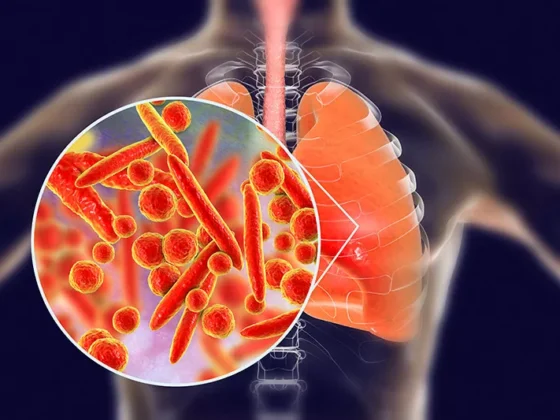The journey surrounding heart health for women does not stop past menopause, instead, it becomes even more vital. The comprehension and control of LDL cholesterol levels take center stage in deterring heart health diseases and assure a well-functioning heart. This piece of writing dwells on the relevance of observing LDL cholesterol levels for women who have reached menopause, outlining the standard levels to achieve alleviating chances of heart complications.
LDL Cholesterol – Why it Matters?
In conversations about heart health, LDL cholesterol is often pinned as the “bad cholesterol,” contributing significantly to heart diseases. It is worth noting that the hormonal shifts women undergo post-menopause can meddle with their cholesterol ratios. LDL cholesterol enhancement can lead to arterial plaque accumulation, posing threats of heart failures and strokes. Being vigilant and proactive is crucial in controlling LDL cholesterol to ensure heart health doesn’t waver.
The LDL Cholesterol Target Mark
When it comes to LDL cholesterol levels for post-menopausal women, it is all about balance. As per different risk factors and personal health conditions, women’s LDL cholesterol levels will vary. Nevertheless, it is generally suggested for women to retain LDL cholesterol levels under 100 mg/dL. For those already diagnosed with heart problems or multiple risk factors, it may be prudent to follow the advice of healthcare professionals for lower targets.
LDL Cholesterol Amplifiers – Behind the Scene
Factors contributing to high LDL cholesterol levels among women post menopause range from inactive lifestyles, unhealthy eating habits, smoking, obesity to genetic predisposition. A spike in LDL cholesterol levels is often seen in women with a family history of heart disorders or high cholesterol. Identifying these risk drivers can aid in lifestyle alterations for the betterment of heart health.
The Key to Controlling LDL Cholesterol- Lifestyle Tweaks
Lifestyle changes come handy in managing LDL cholesterol levels post-menopause. Committing to regular workouts, sticking to diets rich in fruits, vegetables, grains, and lean meats, and nipping the habit of smoking in the bud can help control LDL cholesterol. A healthy weight maintenance combined with effective stress management is also beneficial for heart health.
Apart from lifestyle changes, women should get cholesterol screenings on a regular basis once they pass menopause to keep an eye on their LDL cholesterol levels. These check-ups also assist healthcare providers in determining the efficiency of lifestyle and medication strategy. Follow-up visits can lead to treatment revamps tailored to individual responses and changing health needs.











